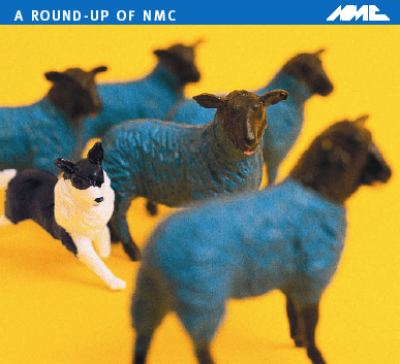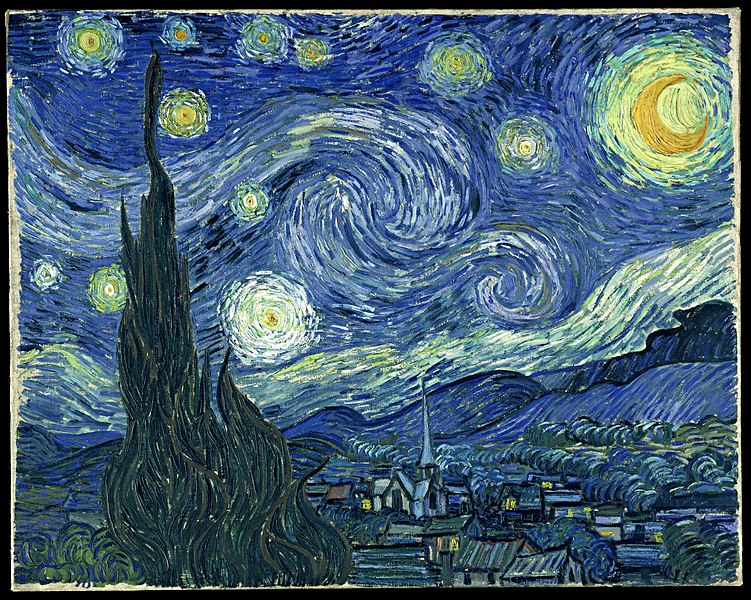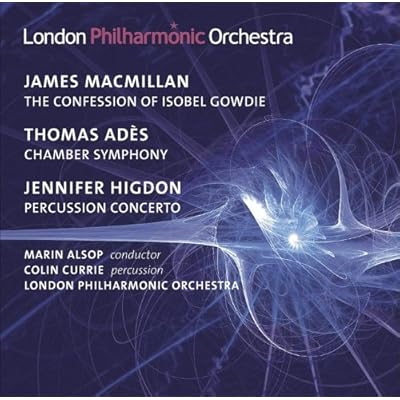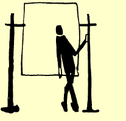OK if you've decided to live with free Spotify for more time, here's a ad-free playlist for you. It consists of long compositions recorded in single tracks. Like Richard Strauss' Don Quixode, Steve Reich's Music For 18 Musicians, and Gavin Bryars' The Sinking of The Titanic. I only collected tracks longer than 45 minutes, so that you would not hear any Spotify ad in quiet a while once you put on this playlist. The only exception is John Tavener's The Protecting Veil, which lasts only 42 minutes and a half. I have to put it in as it's one of the most powerful yet purely beautiful modern composition I've ever heard.
In this playlist, Alvin Curran's piano piece Inner Cities No.10 is over 50 minutes long, but it's only a small part of the whole composition, so does Sorabji's Opus Clavicembalisticum VI, they both belong to the list of longest non-repetitive piano pieces. And if you want to be a purist of the highest order, try play the hour-long 42 Vexations from this playlist from start to the end, and repeat 20 times. Yes 840 repeats of the four-part theme, that's the way Eric Satie implied to play the Vexations.
Warning: you should never listen to Gary Sill's cheesy new-agey rendition of Satie and the Canon In D in this playlist, unless those are the only "classical" music your girlfriend/wife can stand. Well, maybe now you can guess why I put them in;)
You can read the full playlist below, or just click this link:No Ads For A While, to load the 32 tracks, in this case 1.3 day of music, into your Spotify and start your ad-free listening now:)
Warning: you should never listen to Gary Sill's cheesy new-agey rendition of Satie and the Canon In D in this playlist, unless those are the only "classical" music your girlfriend/wife can stand. Well, maybe now you can guess why I put them in;)
You can read the full playlist below, or just click this link:No Ads For A While, to load the 32 tracks, in this case 1.3 day of music, into your Spotify and start your ad-free listening now:)




















